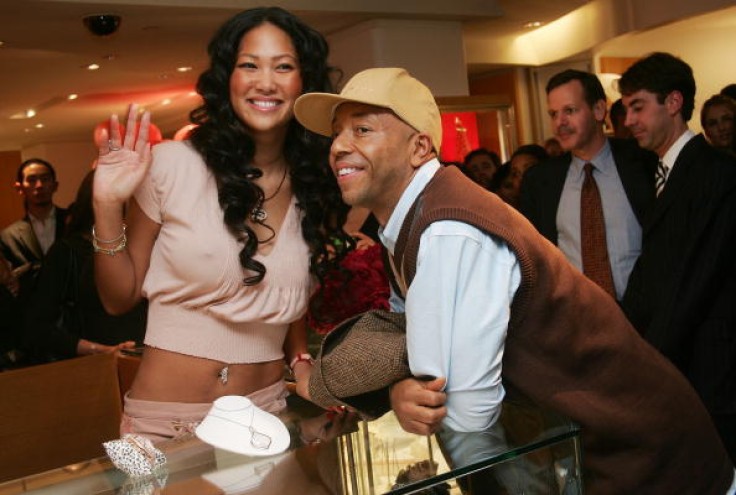
In the dynamic world of hip-hop fashion, women of color have played a vital role in breaking barriers and redefining the industry. According to NBC, female designers such as April Walker and Kimora Lee Simmons made significant contributions during streetwear's heyday, crafting iconic brands like Walker Wear and Baby Phat, respectively. Their influence extended beyond clothing, as they created looks for legendary artists like Run-D.M.C., Notorious B.I.G., and Tupac and championed inclusivity within the fashion industry. This article explores their pioneering efforts, the impact of their brands, and the ongoing pursuit of empowerment and representation in fashion.
Designer April Walker, founder of Walker Wear, made her mark on the hip-hop fashion landscape in 1988. Recognizing the potential bias she might face as a woman in a male-dominated industry, Walker initially chose not to emphasize her gender in her brand. Nevertheless, her talent and designs spoke for themselves. With her father's guidance, she embarked on a path that dressed numerous black celebrities, including Tupac, Notorious B.I.G., and Run-D.M.C. Walker's brand bridged the gap between streetwear and high fashion, leaving an indelible mark on the industry.
Kimora Lee Simmons, a true trailblazer, cemented her legacy in hip-hop fashion with the launch of Baby Phat in 1999. Born out of Russell Simmons' Phat Farm, the brand quickly gained popularity with its signature crop tops, jackets, sneakers, and jeans. Simmons aimed to provide fashion that was both sexy and dynamic, catering to young women from diverse backgrounds. In an industry that often excluded black models and marginalized certain body types, Simmons aimed to make her brand accessible to women of all colors, shapes, and sizes. Baby Phat's success reached impressive heights, with revenues reaching $265 million by 2002.
Fostering Community, Cultivating Belonging
Urban streetwear brands like Walker Wear and Baby Phat not only created fashionable clothing but also fostered a sense of community and cultural belonging. Lindsay Peoples, editor-in-chief of The Cut, highlights the importance of these brands in representing and empowering black consumers. By supporting brands that genuinely cared about their community, people like People felt a stronger connection to a culture that embraced and celebrated them. The rise of these brands challenged the dominance of mainstream fashion, giving a voice and platform to those who felt overlooked.
Despite the progress made, the fashion industry still presents challenges for black individuals seeking success. Lindsay Peoples acknowledges that navigating the industry can feel like scaling a mountain due to persistent barriers and a lack of inclusivity. In response to these obstacles, Peoples co-founded the Black in Fashion Council in 2020, working with major brands to create a more equitable work environment. The pursuit of genuine inclusivity remains at the forefront, aiming to dismantle the notion that black culture should only be embraced when convenient.
Unwavering Spirit of April Walker
April Walker's journey as a woman of color in the fashion industry continues to face hurdles. However, she remains committed to empowering her community through her brand. Despite occasional dismissals and being considered an afterthought, Walker's passion and dedication remain steadfast. She emphasizes that her purpose lies in feeding her soul and making a difference in her community. Validation from others is secondary to her commitment to her craft and uplifting those around her.
The contributions of women of color in the hip-hop fashion industry have left an indelible mark on both culture and style. Pioneers like April Walker and Kimora Lee Simmons shattered barriers, created iconic brands, and championed inclusivity. Their influence extended beyond the garments they designed, sparking a sense of belonging and community for those who embraced their brands. While challenges persist, the ongoing efforts to foster inclusivity and representation in fashion promise a more equitable industry. The legacy of these trailblazers serves as a reminder of the power of fashion to break boundaries and uplift marginalized voices.
Related Article : Gigi Hadid Wore A Poncho For Tommy Hilfiger Fashion Show Because 'She Was Too Fat'